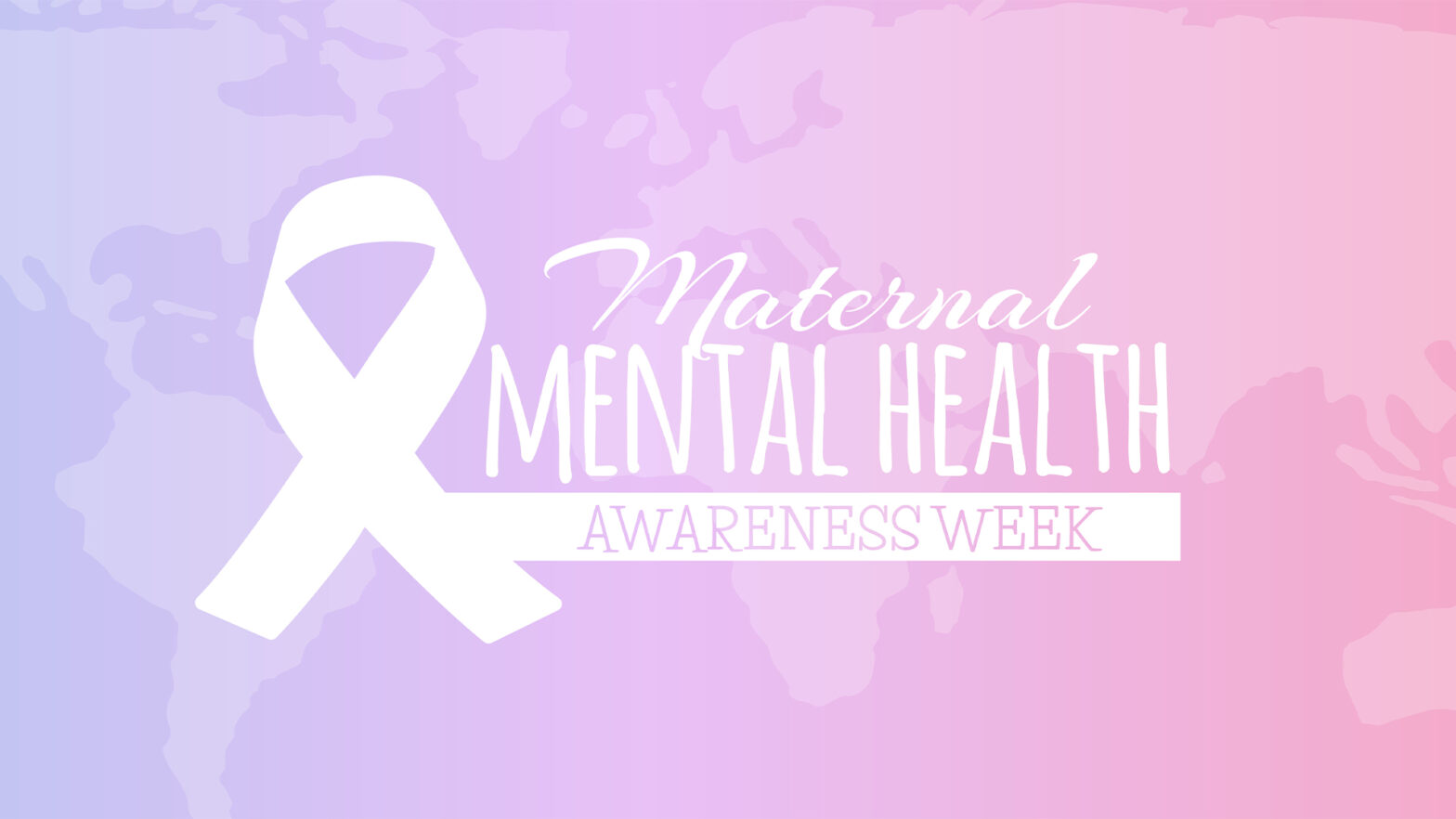
The digitization of health records has positively impacted every medical area. In psychiatry, switching to electronic health records has resulted in stronger security of highly sensitive and potentially stigmatizing patient information, as well as minimized risk of re-traumatization during consultations.
Naturally, as mental health professionals’ workflows differ from those of primary physicians, including additional assessment and types of therapy plans, some key features of psychiatry EHR software differ from those of the general-use systems. According to EHR In Practice, 11.87% of specialists are on the lookout for a specialized EHR system tailored to mental health care providers’ operations. Let’s explore which psychiatry EHR features set this software apart and how unique system capabilities can reduce doctors’ workload and benefit patients’ well-being.
1. Customizable Templates for Mental Health Assessments
One of the most important features that differentiates behavioral EHRs from general-use systems is the availability of a wide assortment of templates for mental health evaluations. Mental health assessments come into play at various points of the patient journey: during the initial evaluation to gather comprehensive information about the patient’s mental health history, symptoms, and risk factors, and during follow-ups to monitor the patient’s progress and assess treatment effectiveness.
Since mental health evaluations are an essential part of the psychiatry consultation, the availability of templates allows medical professionals to streamline the filling in of the patient’s history and have more time to focus on building rapport with the patient. These templates also help ensure data consistency and lower the possibility of mistakes connected with manual data aggregation. Psychiatry EHRs incorporate a wide variety of forms and questionnaires based on standardized assessment tools, such as the Patient Health Questionnaire-9 (PHQ-9) for depression, the Generalized Anxiety Disorder 7 (GAD-7) for anxiety, and the Clinician-Administered PTSD Scale (CAPS) for post-traumatic stress disorder. These tools allow medical professionals to quickly assess a wide range of conditions, including depression, anxiety, bipolar disorder, schizophrenia, and substance use disorders. At the same time, customizable templates allow clinicians to tailor their documentation to more complex cases, for example, when patients exhibit symptoms for two or more interconnected conditions. In order to benefit patients and psychiatrists, as well as improve clinical processes without adding to the workload, such templates should not only have a set of predefined questions and a user-friendly interface, but also factor in cultural differences and avoid stigmatizing language.
In this context, the interoperability between mental health EHRs and primary physicians’ EHRs is paramount. Easy transfer of patients’ mental health information to other medical specialists helps clinicians make more accurate data-driven decisions while saving patients from the unpleasant experience of recounting their mental health symptoms numerous times.
2. E-prescribing of Controlled Substances (EPCS)
EPCS is the electronic process of prescribing medications, specifically controlled substances, using digital platforms. As many mental conditions require the prescription of controlled substances, behavioral EHRs offer the EPCS functionality to facilitate seamless electronic prescribing. This is especially valuable for patients who have trouble getting to the pharmacy due to their condition and prefer to order their medications online for home delivery. Additionally, EPCS enabled within the psychiatry EHR software benefits the entire healthcare industry by improving fraud prevention, facilitating adherence management, and enhancing patient safety.
Psychiatry EHRs allow providers to sign prescriptions electronically after undergoing the two-factor identity verification, and also maintain logs of all EPCS activities for accountability and auditing purposes. Additionally, EHRs display the full medication history in the patient profile, simplifying interactions and contradiction checks as well as preventing overmedication.
Some EHRs are fully interoperable with eRx and pharmacy management software and thus transmit EPCS orders directly to pharmacies. Pharmacies can then dispatch the medication to patients without requiring additional prescription validation. The interoperability between drug databases, pharmacy management software, general practitioners’ EHRs, and psychiatry EHRs is essential for this process to run smoothly, therefore, all parties involved should take care to choose solutions that have the required capabilities.
3. Point of Access for Patients and Caregivers
Mental health conditions are among the most stigmatized in society. Lack of education in public institutions like schools, workplaces, or even points of primary medical care, myths, and irrational fears surrounding the subject of mental health are very detrimental to patients’ well-being and population’s health in general. EHRs with patient portals serve as a gateway for psychiatry patients and their caretakers to learn more about their condition, become more proactive in mental health management, and contribute to better health outcomes.
Apart from the educational aspect, EHR-connected patient portals enable psychiatric patients to go over their mental health evaluation notes, test results, diagnosis, and treatment privately from the comfort of their homes with no risk of others learning about their condition. Psychiatry EHRs with the patient’s point of access allow them to do so, contributing to their confidence and overall satisfaction with the psychiatry services.
Mental health patients can also receive alerts and notifications about vital events in their health journey, like appointments, referrals, or annual checkups. Many mental conditions disable patients’ perception of time and negatively impact their executive function – the ability to take needed action – so the alerting functionality proves highly useful.
While most popular behavioral EHRs have the integrated point of access for patients, systems from smaller providers might not, so it’s important to check before implementing the particular system into your practice.
In Conclusion
Mental health care providers have already realized the benefits of implementing specialized EHRs into their practice: they save time for document management, save patients from telling the same story over and over, contribute to the accuracy of the health history, help fight substance abuse, and encourage patients to take more control over their mental well-being.
However, psychiatry organizations should carefully choose the solution that fits their practice’s unique workflows and is interoperable with their healthcare IT ecosystem. Healthcare software consultants and service providers can help select the optimal system, configure it to work best for the particular practice’s employees and processes, and integrate it into the healthcare IT ecosystem.
















